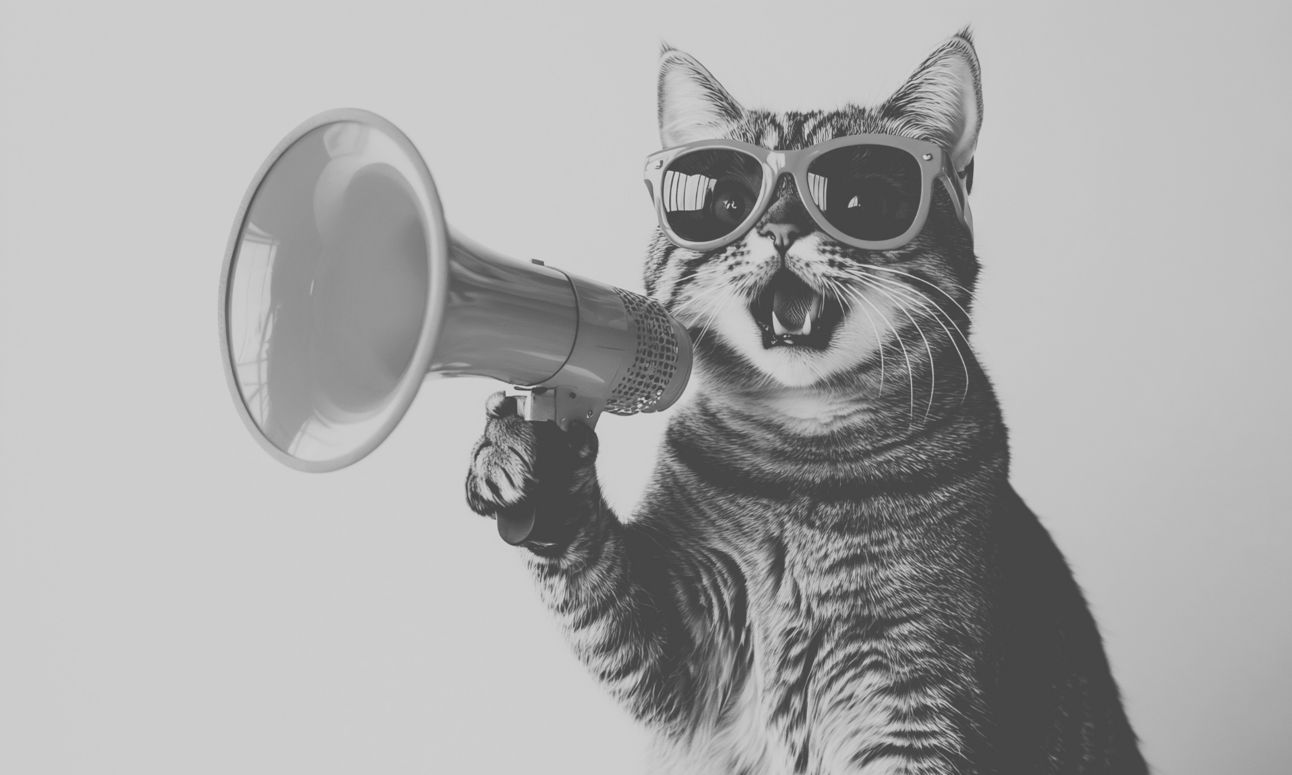As a youngster, I played bass in a rock band. You'll never have heard of us — we weren't good enough. We were delusional enough, though. I spent every spare hour practising and learning theory; emulating the greats and wrecking my hands in devotion to "the music". Rubbish! I wanted the sexual opportunities of fame, the whole band did, so we spent our weekends filling a rehearsal room with crap sound and worse body odour. Sex was blessedly infrequent.
There were a few highlights. We played a venue that hosted Franz Ferdinand and The Subways, and we got high with a dude from the Britpop era (in a seedy pub that had strippers in the daytime). Mostly, however, we begged Toilet Circuit venues to let us play. These were the scummiest stages around, so named because the urine smell wafted above the tobacco smoke. But they served a wonderful purpose — you had to be exciting to make an impact in such horrid places, so they ensured boring bands stayed undiscovered.
If you arrived at a toilet venue without drawing your own audience, then you played to an empty room (this happened more than once). If you supported another band and their audience wasn't interested in you, then you played to an empty room (this also happened more than once). If you were drunk or stoned and couldn't play your instruments properly… and so on. Much of modern culture could do with this kind of filtering.
Perhaps the worst invention of the internet era is the online comment. The reach that posts get might be filtered by the size of one's audience and an algorithm's favour, but comments are more or less equal. A comment from a troll with eleven followers is as visible under your post as a comment from Dua Lipa. This enables the pettiest and most hate-filled people to attack others, and be seen attacking them, forcing their victims to at least see the insults. The loners who used to write mean letters to Rolling Stone can now pick fights on social media. So can the nut jobs who shout at fruit in grocery stores. This is self-evidently stupid.
Katie Boulter has reignited the social media harm debate in women's tennis. Good for her. High-profile athletes receive some of the worst attacks, much of it driven by frustrated gamblers — whether she wins or loses, somebody ends up out of pocket and making death threats. A happy truth of the real world is that such people are a microscopic minority. A sad truth of the internet is that they can make themselves heard.
Not so long ago, I thought this kind of abuse came down to failures at specific platforms. Twitter, in particular, had become legendary for its slow descent into vitriol even before Elon arrived. Recently, however, we've seen two platforms decay very rapidly. The first was Threads — the initial anti-Elon option — that began with a really good vibe. After just a few months, though, I noticed an unusual amount of anti-British (especially anti-English) content bubbling into my feed from left-wing American users. Some American friends noticed anti-American content coming from British users. In real life, none of us had ever experienced transatlantic hostility. But hate gets clicks. I went to Greece when Threads was banned in the EU, deleted the app and never bothered opening it again.
I had such high hopes for Bluesky. I never expected it to be perfect — what happened to that librarian who compiled an AI training set of user posts (which is technically trivial, by the way — a few lines of code are all you need) was a warning. But every platform has trolls who will pile onto a small victim. And every platform has trolls who will eagerly take chunks out of a big user when they've placed themselves in the crosshairs. Mark Cuban (1.4 million followers) recently had the audacity to criticize Bluesky's (extremely well known) left-leaning majority. Some comments were predictably acidic.
What is interesting, however, is who such comments come from. Scan through almost any post that's attracted some controversy, and you'll see something quite clearly. The majority of nasty, troll-like posts are written with poor spelling and grammar by users with few followers. Rolling Stone letter writers and fruit abusers.
At some point, social media companies realized they could make money by giving everyone a voice. Bafflingly, society thought that was a good idea, even though it's counter to real interaction. In the real world, you have to prove you’re worth listening to by obeying basic rules of courtesy and showing some eloquence. If you're a weirdo with terrible ideas who goes around insulting others, people don't give you their time. You get ignored and left alone to fill whatever room you're in with your pointless noise. My bass guitar has sympathy.


